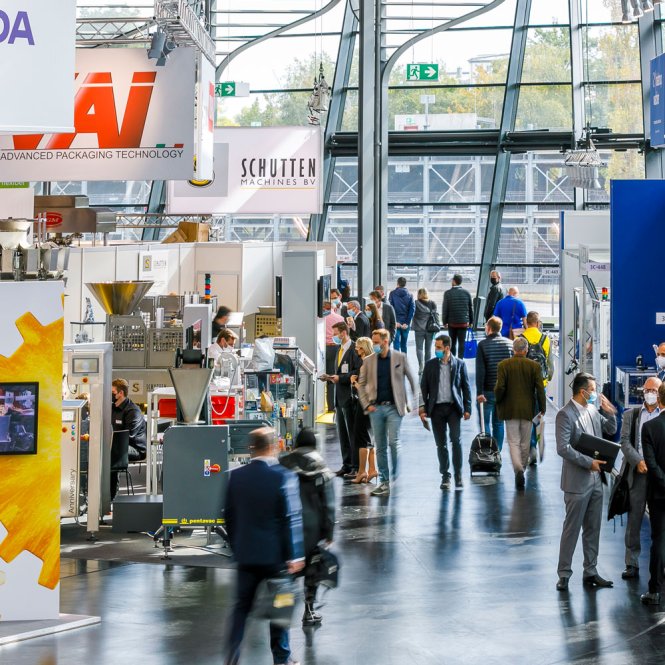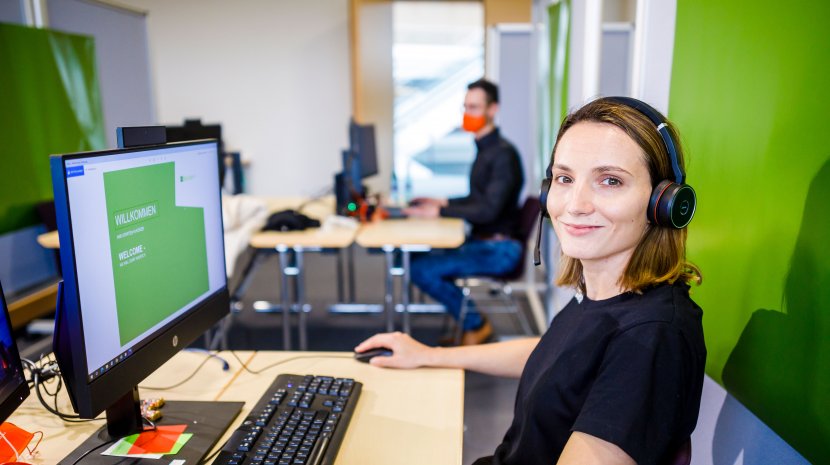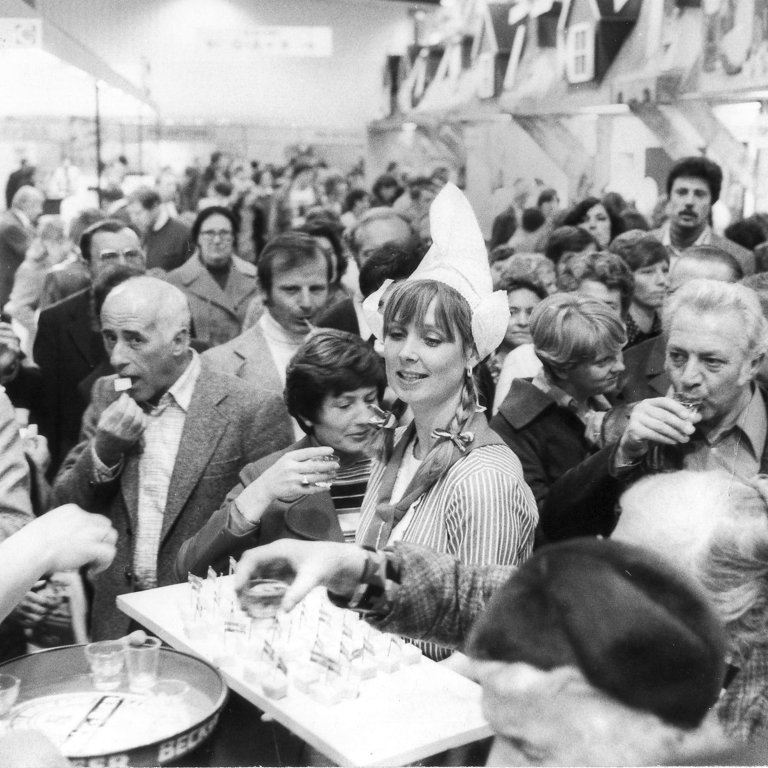

"Everyone has gained new confidence in the trade fair business model with the successful restart in September 2021," says Peter Ottmann. In an interview with Verena Litz of the Nürnberger Nachrichten, the two CEOs of NürnbergMesse take stock, are pleased with the great leap in digitization and look to the future with hope.
Even in the third year of the pandemic, Peter Ottmann and Dr Roland Fleck, CEOs of the NürnbergMesse Group, radiate optimism. Because despite significant cuts due to the Corona pandemic, there are positive developments. In the second Corona year 2021, the loss is lower than in the previous year, below 50 million euros.
"The restart in the fall at the exhibition centre with FACHPACK, it-sa, CONSOZIAL and RETRO CLASSICS BAVARIA has already helped," says Dr Roland Fleck. The management was also able to cushion the balance sheet by reducing personnel and material costs and cutting back on investments: The company's liquidity, on the other hand, was and is secured throughout, according to the trade show's managing director.
Peter Ottmann (l.) and Dr Roland Fleck, CEOs of the NürnbergMesse Group
Among the subsidiaries, China in particular stands out positively - there was almost no Corona break - as well as Greece (2021: "black zero"). The situation is more difficult in Brazil and India, where, due to the pandemic, trade fairs could not be held again until the fall. Travel is largely responsible for the success of international trade shows. Restrictions and the different recognition of the various vaccines, made travel difficult for exhibitors and visitors from outside Europe. Peter Ottmann therefore wishes "that, as in the U.S., the WHO list would also be the authoritative one in Germany as far as international business travel is concerned."
"This assessment is also supported by exhibitors and visitors in Nuremberg, Athens, Shanghai and São Paulo. The good attendance at the live events are clear signals for Dr Roland Fleck: "It's a good feeling that customers are longing for the end of the pandemic so that they can meet again in our halls. After the Restart experience, we are quite sure that our business model will survive the pandemic."
At the same time, NürnbergMesse is making a big leap in the subject of digitization: In 2021, ten digital formats took place successfully, which thus accounted for a total of 10 percent of group sales. In the coming year, at least six hybrid formats are to be added. "We decided to build up digitally even before Corona and this was of course significantly increased in the two pandemic years," says Peter Ottmann, who sees three scenarios for the future of the trade fair business model: "Trade fairs as before Corona, hybrid formats as onsite events with digital strands, and finally themed platforms in year-round operation with regular digital formats and a presence event, as NürnbergMesse already practices with "it-sa 365" and myBeviale.

In 2021, ten digital formats took place successfully, which thus accounted for a total of 10 percent of group sales.
Also affected by the postponement of numerous 2021 events were the two domestic subsidiaries, the exhibition stand construction service provider Holtmann and the catering specialist Lehrieder. Both also looked for new areas of business during the crisis. Lehrieder, for example, provided staff for testing and vaccination centres during the pandemic. "Both are struggling, of course, said Dr Fleck, because if trade shows don't happen, there are no booths to set up and no demand for food and drinks. But both companies will get through the crisis, the fair's general manager said. "Now that the trade show business will be condensed into the summer months this year, we will of course need efficient booth builders and caterers again right away," Peter Ottmann said.
As of the end of 2021, 943 employees work for the NürnbergMesse Group worldwide, 527 at the Nuremberg site. Compared to 2019, these are 20% and 10% fewer respectively. "However, these were not compulsory redundancies and none are planned in the future," says Dr Roland Fleck, "because the trade fair business model works and if the incidence figures fall again, we have to be able to act immediately."
What impresses Peter Ottmann about the staff is "also in year three of Corona to see how the colleagues deal with the pandemic, what ideas they develop and also implement." Staff turnover (7 to 8%) is low, and motivation among employees remains high. This also allows the two managing directors to look to the future with optimism: "We will soon again be the economic engine that we have always been for the metropolitan region," says Dr Roland Fleck.
After the Restart experience, we are quite sure that our business model will survive the pandemic.
Image credits:
NürnbergMesse/Heiko Stahl



